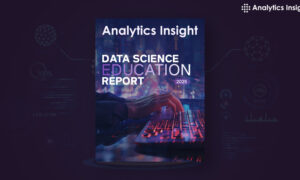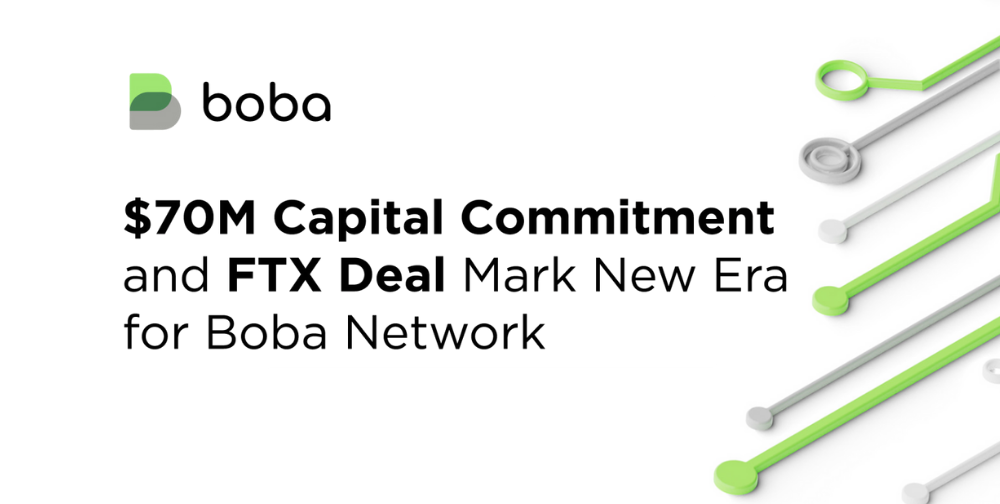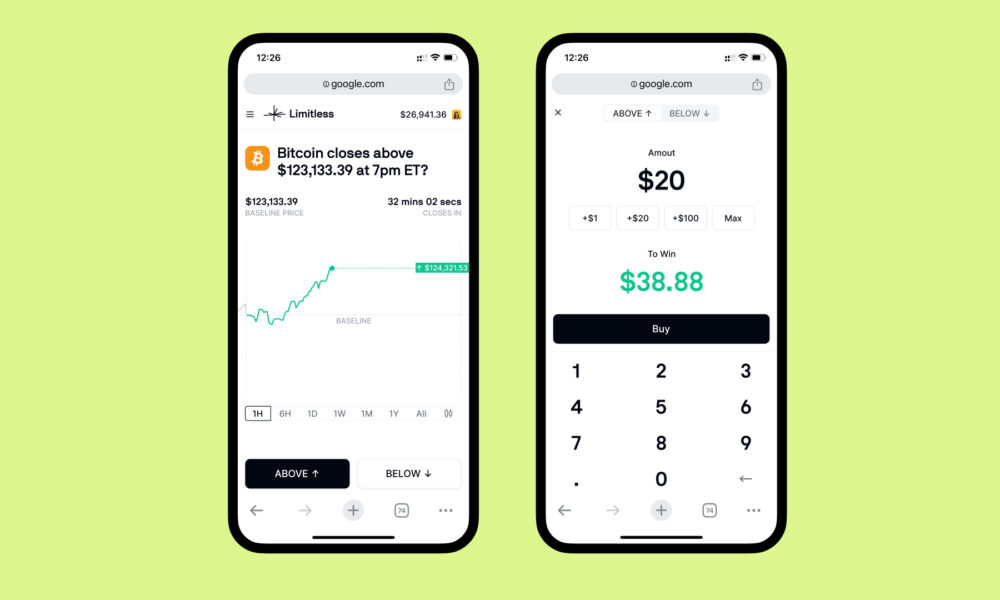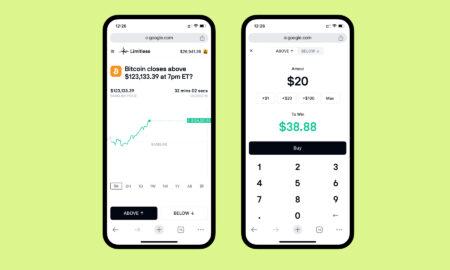Where Can I Find Large Datasets Open to the Public?
Looking for a large dataset open to the public? We’ve gathered 15 recommendations from professionals like Administrative Managers, CEOs, and Directors. From discovering datasets on Datahub.io to accessing Medicare Claims Public Use Files, explore these diverse sources to find the perfect dataset for your needs.
- Discover Datasets on Datahub.io
- Take Advantage of Google’s Dataset Search
- Explore Open Data Network
- Find Data on Data.world
- Access NOAA Data Catalog
- Browse Harvard Dataverse Repository
- Investigate Data.gov and Other Sources
- Uncover the OSF Registry
- Access NASA’s Public Datasets
- Use NCBI’s Biomedical Databases
- Search Kaggle’s Diverse Datasets
- Leverage AWS’s Free Datasets
- Look into the UCI Machine Learning Repository
- Utilize Social Media Platform APIs
- Search in the Medicare Claims Public Use Files
Discover Datasets on Datahub.io
I’ve found that datahub.io is an invaluable resource for sourcing large, open public datasets. This platform curates an extensive range of datasets from diverse domains, making it a treasure trove of information for businesses and researchers alike.
The ease of access and usability of the site are exceptional; you can find, share, and publish data with just a few clicks. Moreover, the datasets are open, which means they’re freely available to the public, ensuring a level of transparency that’s integral to our modern, data-driven world. It’s truly been a game-changer in my professional journey, assisting in various projects that required comprehensive data analysis.
Antreas Koutis, Administrative Manager, Financer
Take Advantage of Google’s Dataset Search
Google Dataset Search is a tool that simplifies the process of finding and accessing datasets. It is a search engine where users can discover datasets from different domains, including public and academic sources.
The datasets can cover various topics, such as demographics, economics, health, climate, and many others. It is updated periodically, expanding access to the broader research community in the computer science field.
Michael Sena, Founder and CEO, SENACEA
Explore Open Data Network
The Open Data Network is one place I have always found quite helpful with finding large datasets. The platform has a wide range of datasets, and they are all free and open to the public.
But that’s not all. If you cannot find the specific datasets you are looking for, you can put in a request, and if you are lucky, someone may as well help you out. The Open Data Network also lets you post questions and seek out relevant expert comments on any topic. Besides, it comes with a very basic interface, which makes it an easy-to-use database.
Young Pham, Founder and Project Manager, Biz Report
Find Data on Data.world
If you love free, high-quality data, then Data.world is your best friend.
It has been my primary data catalog for a few years, and it hasn’t let me down. Professionals use Data.world to host projects, and they typically make their datasets available to everyone.
So if you’re looking for a specific dataset, simply head to Data.world, type in the name of the file you’re looking for, and browse through it at your own pace.
What sets Data.world apart from government websites is that it covers almost every industry you can think of, including filmmaking, retail, education, healthcare, and investing.
Scott Lieberman, Owner, Touchdown Money
Access NOAA Data Catalog
The NOAA Data Catalog houses datasets from various NOAA divisions and programs, offering users an extensive collection of environmental data. Users can search for datasets by keyword or browse through categories such as climate, coastal, and marine ecosystems.
With its user-friendly interface and robust search capabilities, the catalog simplifies the process of finding and accessing the data you need.
Aysu Erkan, Social Media Manager, Character Calculator
Browse Harvard Dataverse Repository
There are all kinds of large datasets available for free to the public today. Everyone from government agencies to non-profit organizations to individual researchers provides good datasets.
However, my favorite data source by far is Harvard Dataverse. They offer a repository of datasets, where researchers from all fields can share, collaborate, and find data. Whatever topic you’re needing data for, there is a very good chance you can find a dataset for it in the Harvard Dataverse portal.
Though not my field, I know this database is excellent for life science and medical datasets—that is one of the most commonly shared types of data I see on there. But they also have data regarding education, which most concerns me and helps with our research and tool development.
John Ross, CEO, Test Prep Insight
Investigate Data.gov and Other Sources
One place to find a large dataset open to the public is Data.gov. It provides access to datasets published by agencies across the federal government. Additionally, the World Bank Open Data platform is also a great resource for finding massive datasets to use for data projects.
Other sources for finding free and open datasets include Kaggle, Google datasets search, and GitHub. However, it’s important to keep in mind that the quality and usefulness of the data may vary, and it’s important to conduct due diligence when selecting datasets to ensure they are appropriate for your needs.
Brenton Thomas, CEO, Twibi
Uncover the OSF Registry
One place to find a large dataset open to the public is the Open Science Framework (OSF). OSF is a free and open-source web platform that provides researchers with a place to store, share, and organize their research data and materials.
OSF has a dedicated section called the OSF Registry, which is a searchable database of research data repositories and other research-related services. The OSF Registry currently has over 4,000 entries, making it one of the largest collections of research data repositories and services.
Matthew Healey, Digital Marketing Executive, Signum Solutions
Access NASA’s Public Datasets
NASA provides large public datasets to inform people about progress and trends within the realm of space exploration. This is because taxpayers help to fund this government agency. Furthermore, it is worthwhile to publicize this information in case it inspires partnerships with other important organizations.
Miles Beckett, Co-founder and CEO, Flossy
Use NCBI’s Biomedical Databases
Many scientific research repositories make their data freely accessible to the public. In my opinion, these data archives can be a vital source of information in sectors including biology, medicine, and environmental science.
The National Center for Biotechnology Information (NCBI), for example, maintains several biomedical databases that are publicly accessible, including GenBank, PubMed, and PubChem. These databases contain massive volumes of information on a variety of topics, including genetic sequences, scholarly articles, and chemical compounds.
Stephen Kerrigan, Founder, Mortgages Remortgages
Search Kaggle’s Diverse Datasets
One place to find a large dataset open to the public is the Kaggle platform. Kaggle is a community-driven platform for data science and machine learning competitions, where companies and researchers can post their datasets for the public to use.
The platform hosts a wide variety of datasets from various fields, such as finance, healthcare, education, and sports. Users can search for datasets using keywords, and they can filter the results by popularity, topic, and format. Kaggle datasets can be downloaded in various formats, including CSV, JSON, and SQL.
Additionally, Kaggle provides tools for users to analyze, visualize, and share their findings with the community. Kaggle is an excellent resource for anyone looking for real-world data to practice their data science and machine learning skills.
Vikas Kaushik, CEO, TechAhead
Leverage AWS’s Free Datasets
Amazon Web Services (AWS) offers a range of large datasets that are free to use and available to anyone to access. You will find datasets covering a wide range of fields, including astronomy, economics, and a variety of medical data.
Amazon encourages users to register their own data for the service for others to use for research purposes. The aim of the service is to encourage research and to save time by offering previously sourced analytics, leaving you to get straight into the research stage. By using the service, AWS hopes to offer researchers the tools to encourage and enable innovation across a range of fields.
In addition to the data provided, AWS provides tutorials, applications, and information on journals that are using the data.
As more data is added by users, the database is continually expanding and becomes ever more useful to those who need it.
Ken Savage, Owner, Ken Savage
Look into the UCI Machine Learning Repository
In my experience working with data, I’ve found that one invaluable source for obtaining large, publicly accessible datasets is the UCI Machine Learning Repository. Not only does this fantastic resource offer an extensive array of datasets across numerous fields, but it has also proven to be an indispensable tool for several of our projects.
For instance, when we wanted to enhance our course recommendations for students, we discovered a large and extremely relevant dataset related to online education, which proved to be instrumental in refining our analysis. I believe anyone in need of a publicly available large dataset must explore the UCI Machine Learning Repository.
Haya Subhan, General Manager, First Aid at Work Course
Utilize Social Media Platform APIs
Twitter, Facebook, and LinkedIn, for example, I believe can be a great source of publicly available data. These platforms give customers access to their data via APIs (application programming interfaces), which may extract enormous volumes of data on topics like user behavior, demographics, and trends.
Twitter’s API, for example, can be used to access vast volumes of tweet data, such as text, photos, and geographical information. Natural language processing, sentiment analysis, and social network analysis can all benefit from this data.
Arman Minas, Director, Armstone
Search in the Medicare Claims Public Use Files
Talking about my sector, one large dataset in the healthcare sector is the Medicare Claims Public Use Files (PUF). These files contain information on healthcare services and procedures provided to Medicare beneficiaries in the United States.
The Medicare Claims PUF includes data on a wide range of healthcare services, including hospital stays, physician visits, and prescription drugs. It can be used by data companies to analyze healthcare trends and identify patterns in healthcare utilization among Medicare beneficiaries.
The dataset is publicly available and can be accessed through the Centers for Medicare & Medicaid Services (CMS) website. Access to the dataset is free, but users must agree to certain terms and conditions, including restrictions on using the data for commercial purposes.
Pankaj Srivastava, CEO and Co-founder, ClinicSpots
Related Questions
- What Are the Big Data Trends in 2023?
- What Are Examples of Big Data?
- Is an AWS Big Data Certification Worth It?



































